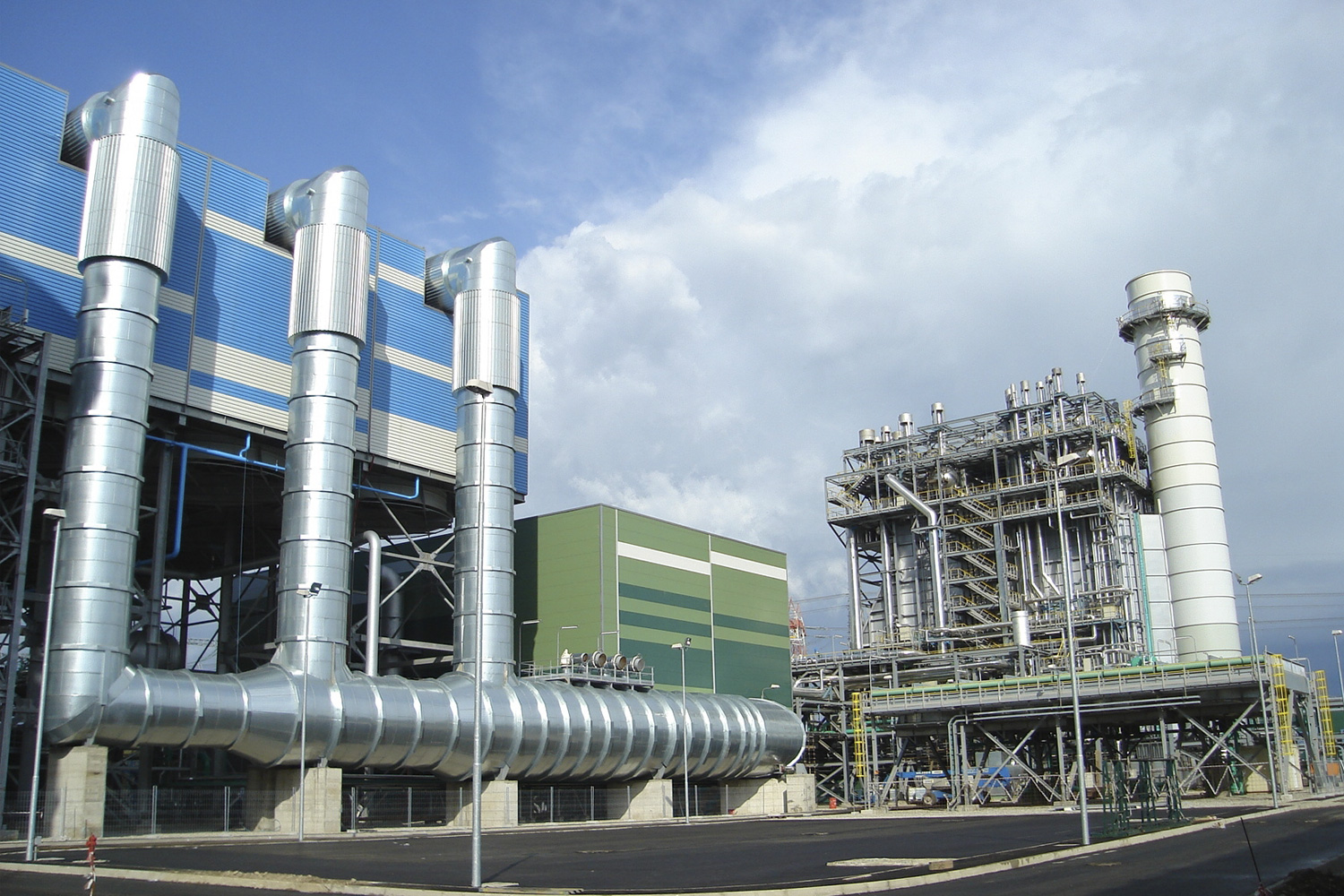FCS visits your plant, surveying the cycle and components. The visit includes walk-throughs to identify performance improvement opportunities, interviews with plant personnel, and a documentation review. We compile a detailed report with implementation, action plans, and reports of findings.



